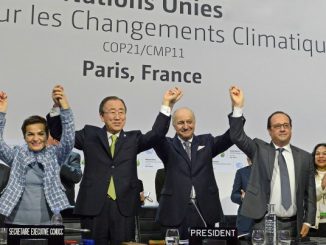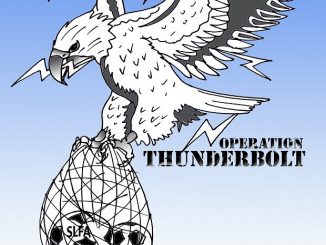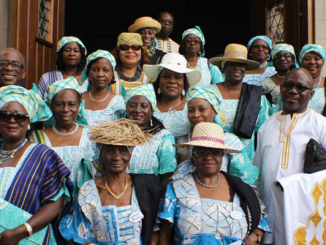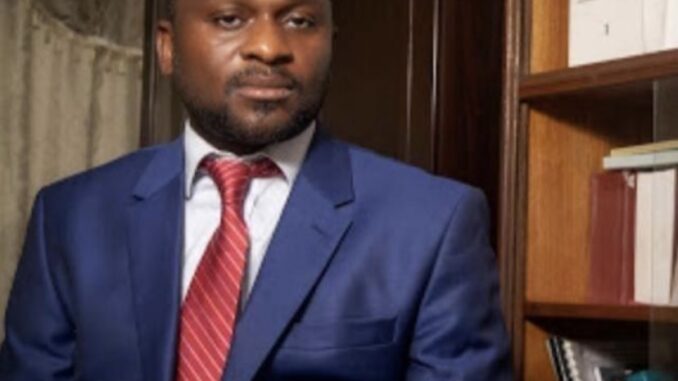
The Divisiveness Threatening Sierra Leone’s Future- My Worry for our Country*
Emmanuel Saffa Abdulai
As I reflect on my recent conversation with my mentor, Prof Ibrahim Abdullah, I am filled with a deep sense of concern for the future of Sierra Leone. Our discussion centered on the state of governance, democracy, and security in our beloved nation, and it was a sobering reminder of the challenges we face.
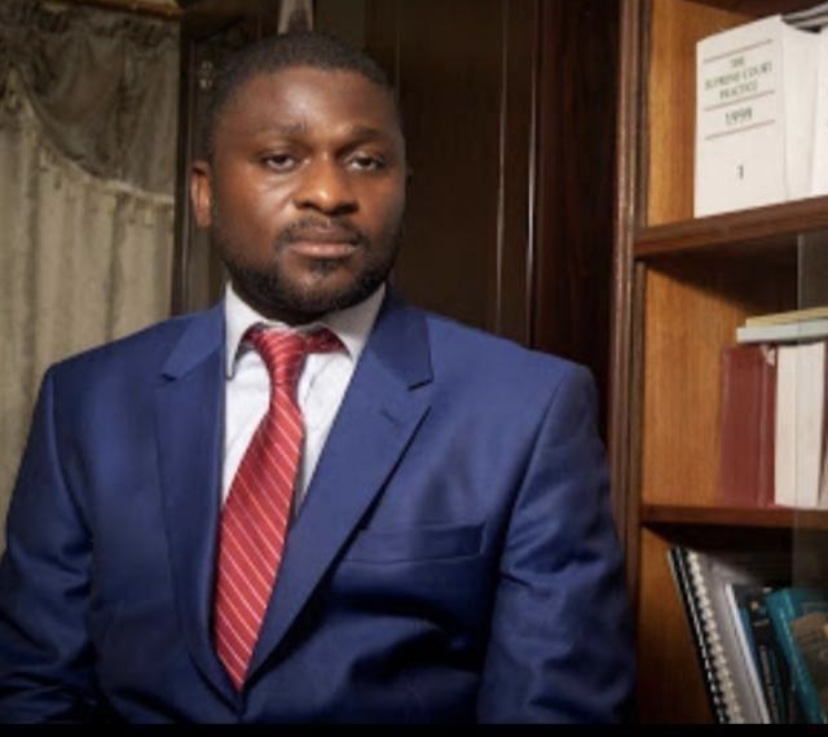
Since gaining independence, Sierra Leone has grappled with the elusive quest for true democracy. The fabric of our society is fraying, and divisions have emerged that threaten to tear us apart. Prof Abdullah’s words, “This country is so divided,” echoed in my mind long after our conversation had ended.
The issues in our society have manifested themselves in myriad ways. Tribal and regional affiliations have become barriers to meaningful interaction and collaboration. Even within small social circles such as church and mosque associations, social clubs, and workplaces, the impact of these divisions is keenly felt.
Regrettably, religious groups have also become increasingly tribal and regional in their composition, further entrenching the lines that separate us. This pervasive tribalism extends to the leadership of various organizations, where individuals are often chosen based on their tribal origins rather than their merit and capabilities. The specter of politics looms large, with allegiance to the APC or SLPP often overshadowing genuine national interest.
The consequences of this deep-seated divisiveness are dire. It has become a means to seize control of national resources and perpetuate a cycle of corruption and mismanagement. As Prof Abdullah aptly noted, “I look around, and the closest I see, frighteningly so, is Rwanda/Burundi.” His words serve as a stark warning, signaling our dangerous path.
Comparisons with nations such as Kenya and Nigeria reveal a troubling truth about our situation. Unlike these countries, where strategic alliances mitigate ethnic divisions, Sierra Leone finds itself evenly divided between the southeast and northwest. This delicate balance leaves us vulnerable to unchecked tribalism and regionalism.
The absence of a dominant ethnic group that could potentially neutralize the ethnic card through alliances poses a significant challenge to our national unity. It is a stark reminder of the need for vigilance and concerted efforts to overcome these divisions before they irreparably damage the fabric of our society.
In Rwanda and Burundi, the majority of people have been excluded based on their access to state power and the use of violence as a tool of division. Fortunately, we have not reached that point in Sierra Leone. However, our nation remains deeply divided, with political factions exploiting these divisions for their gain.
The situation could worsen, especially if one of these factions clings to power for an extended period without effecting meaningful economic and societal transformation. Such a scenario could catalyze another devastating conflict, a path we must vehemently avoid.
So, what can we do to avert such a crisis? Perhaps it is time to seriously consider amending the constitution to mitigate the influence of ethnic affiliations. By addressing the root cause of our divisions, we can lay the groundwork for a more inclusive and unified society. We must engage in constructive dialogue and explore avenues to depoliticize ethnicity and foster national unity.
Rather than allowing our differences to drive us apart, we must seek common ground and embrace our shared identity as Sierra Leoneans. This will require a concerted effort from all segments of society, including political leaders, civil society, and the general populace. It demands a collective commitment to transcending the constraints of tribalism and working towards a future where merit and vision, rather than ethnic background, determine leadership and opportunity.
Changing the constitution to curtail the influence of ethnic factors is a bold step, but it holds the potential to reshape the trajectory of our nation. It will require thoughtful consideration, but it represents a crucial opportunity to chart a new course toward a more harmonious and prosperous Sierra Leone.
The path ahead will not be easy, and the obstacles are formidable. However, the stakes are too high for us to succumb to complacency or resignation. We owe it to ourselves and to future generations to confront the specter of division that looms over our nation. Let us seize this moment to lay the groundwork for a Sierra Leone where unity prevails and every citizen has an equal opportunity to contribute to our collective progress.
As I contemplate the future of Sierra Leone, I am filled with profound sorrow. The road ahead is fraught with peril, but it is not insurmountable. We must heed the warning signs and take proactive steps to bridge the divides that threaten to engulf us. Our collective future depends on our ability to rise above tribalism and regionalism and forge a path toward unity and prosperity for all Sierra Leoneans.
The time for action is now. We cannot afford to allow history to repeat itself. Let us stand together, transcending tribal and regional lines, and work towards a future where the divisions of the past are but a distant memory. Only then can we fulfill the promise of a united and thriving Sierra Leone.

